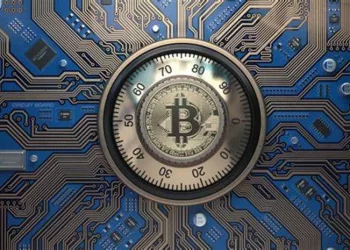Golden Finance: The Congressional Budget Office (CBO) of the United States recently released an analysis report indicating that the tax bill proposed by the House Republicans will further widen the wealth gap in the United States, presenting a situation where “the rich get richer and the poor get poorer”.
According to the assessment of the CBO, after the implementation of this tax bill, the top ten earners in the United States will witness a 2.3% increase in income. This part of the high-income group originally occupied a large amount of social wealth. The inclination of tax policies has further accelerated the speed of their wealth accumulation. For instance, the continuation of Trump’s 2017 corporate and individual tax cuts in the bill, as well as some newly added tax reduction policies, are quite beneficial to the enterprises and investment activities run by high-income earners, enabling them to retain more funds for reinvestment or other ways to increase their wealth.
Meanwhile, the bottom tenth of earners in the United States are in a difficult situation and will face a 3.9% reduction in income. The bill has raised the threshold for poor groups to receive medical assistance and food aid, and has cancelled multiple green energy tax reduction policies and other measures to cut federal spending, which has a direct impact on the lives of low-income people. Low-income families often rely on medical assistance to meet their basic medical needs, while food aid is an important support for maintaining their daily diet. The reduction of these benefits means that their economic pressure on medical expenses and food purchases has increased sharply, and their disposable income has shrunk significantly accordingly.
The bill was passed by the House of Representatives on May 22 by a narrow margin of 215 votes in favor and 214 against, and has now been sent to the Senate for review. If the bill is eventually passed by both houses and signed into law by the president, its profound impact on the wealth gap in American society will gradually emerge. At that time, it may trigger a series of social and economic problems, further intensify social conflicts, and also pose a severe challenge to the balanced development of the US economy. Its subsequent trend and impact deserve continuous attention.
Related Topics:














